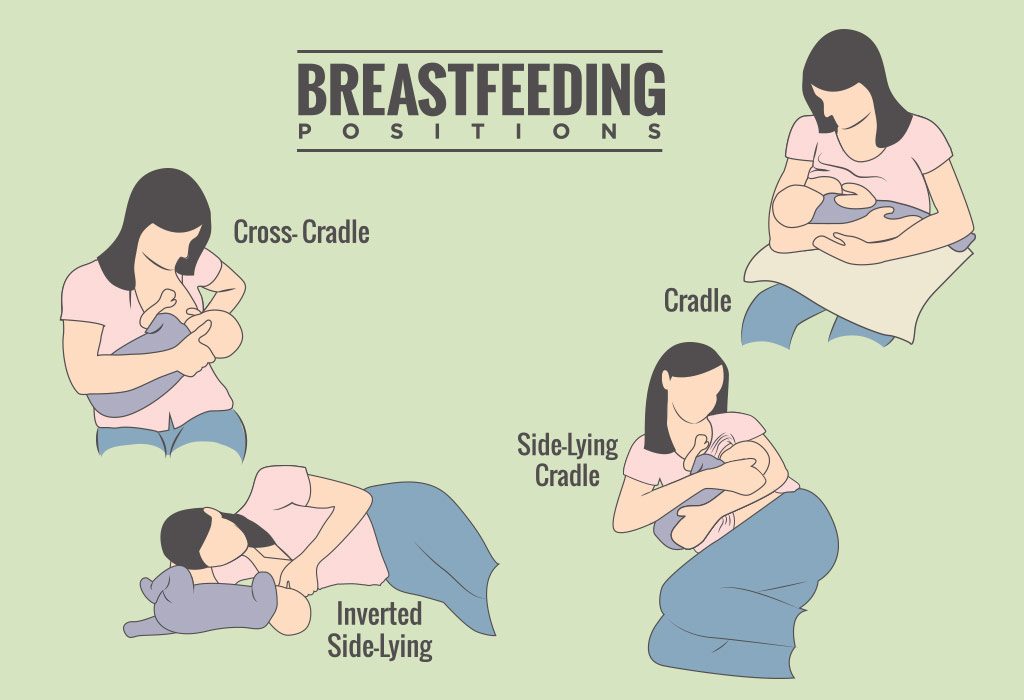The Best Diet When Breastfeeding: A Simple Guide for New Moms
Bringing a new life into the world is a beautiful and transformative experience, and as a new mom, you’re navigating through a myriad of changes, not the least of which is the responsibility of nourishing your little one through breastfeeding. It’s an incredible journey, and your diet plays a crucial role in ensuring both you and your baby stay healthy. In this guide, we’ll explore the best diet practices when breastfeeding, providing simple and practical tips for new moms.
1. Nutrient-Rich Foods:
One of the fundamental aspects of a breastfeeding-friendly diet is ensuring you consume a variety of nutrient-rich foods. Your body requires additional nutrients to produce high-quality breast milk. Focus on a balanced diet that includes:
- Proteins: Incorporate lean proteins like poultry, fish, beans, and tofu. Proteins are the building blocks of your body and play a vital role in your baby’s growth.
- Calcium: Dairy products, leafy greens, and fortified plant-based milk are excellent sources of calcium. This mineral is crucial for your baby’s bone development.
- Iron: Red meat, poultry, fish, beans, and fortified cereals provide essential iron. Iron is vital for preventing anemia, which can affect both you and your baby.
- Fruits and Vegetables: Colorful fruits and vegetables are rich in vitamins, minerals, and antioxidants. Aim for a rainbow of colors to ensure a diverse range of nutrients.
2. Stay Hydrated:
Hydration is key when breastfeeding. Producing breast milk requires extra fluids, so it’s essential to drink plenty of water throughout the day. Aim for at least eight 8-ounce glasses of water daily, and more if you’re physically active. Keep a water bottle handy, and don’t wait until you’re thirsty to drink.
3. Caloric Intake:
While it’s true that breastfeeding burns extra calories, it’s not the time to drastically cut your calorie intake. You need energy to produce milk and support your own recovery. Focus on quality calories rather than counting them. Opt for nutrient-dense foods, and listen to your body’s hunger and fullness cues.
4. Healthy Fats:
Incorporate healthy fats into your diet for both your and your baby’s well-being. Avocado, nuts, seeds, and olive oil are excellent sources of healthy fats. These fats are essential for brain development and overall growth in infants.
5. Be Mindful of Allergens:
If your family has a history of allergies, be mindful of potential allergens in your diet. Some babies may be sensitive to certain foods through breast milk. Common allergens include dairy, soy, nuts, and eggs. If you suspect an allergy, consult with your pediatrician for guidance on eliminating and reintroducing specific foods.
6. Limit Caffeine and Alcohol:
While it’s safe to enjoy moderate amounts of caffeine and alcohol while breastfeeding, it’s crucial to be mindful of their consumption. Too much caffeine can make your baby fussy or affect their sleep, so limit your intake. If you choose to consume alcohol, do so in moderation, and wait a few hours before breastfeeding to allow your body to metabolize the alcohol.
7. Don’t Skip Meals:
New moms often find themselves caught up in the whirlwind of caring for their newborns, sometimes forgetting to take care of themselves. Skipping meals can leave you feeling fatigued and may impact your milk supply. Aim for regular, balanced meals and consider having nutritious snacks on hand for those moments when you’re too busy to sit down for a full meal.
8. Listen to Your Body:
Paying attention to your body’s signals is crucial during this time. If you’re hungry, eat. If you’re thirsty, drink. Adequate rest is also vital for both milk production and your overall well-being. When your baby sleeps, try to rest as well, even if it’s just a short nap.
9. Consider Supplements:
While a well-rounded diet is the best way to get the nutrients you need, some moms may benefit from supplements, especially if they have specific dietary restrictions. Vitamin D and omega-3 fatty acid supplements are commonly recommended. However, always consult with your healthcare provider before adding any supplements to your routine.
10. Seek Support:
Navigating the complexities of a new diet while caring for a newborn can be challenging. Don’t hesitate to seek the support from healthcare professionals, lactation consultants, or other experienced moms. They can provide valuable insights, answer your questions, and offer guidance on maintaining a healthy diet while breastfeeding.
Conclusion
The best diet when breastfeeding is one that prioritizes a diverse range of nutrient-rich foods, adequate hydration, and mindful choices. Remember that every mom and baby are unique, so it’s essential to listen to your body and make adjustments as needed. By taking care of yourself, you’re not only supporting your own well-being but also providing the best start for your precious little one. Enjoy this special time, and embrace the joy of nourishing your baby with the love and care that only a mother can provide.












